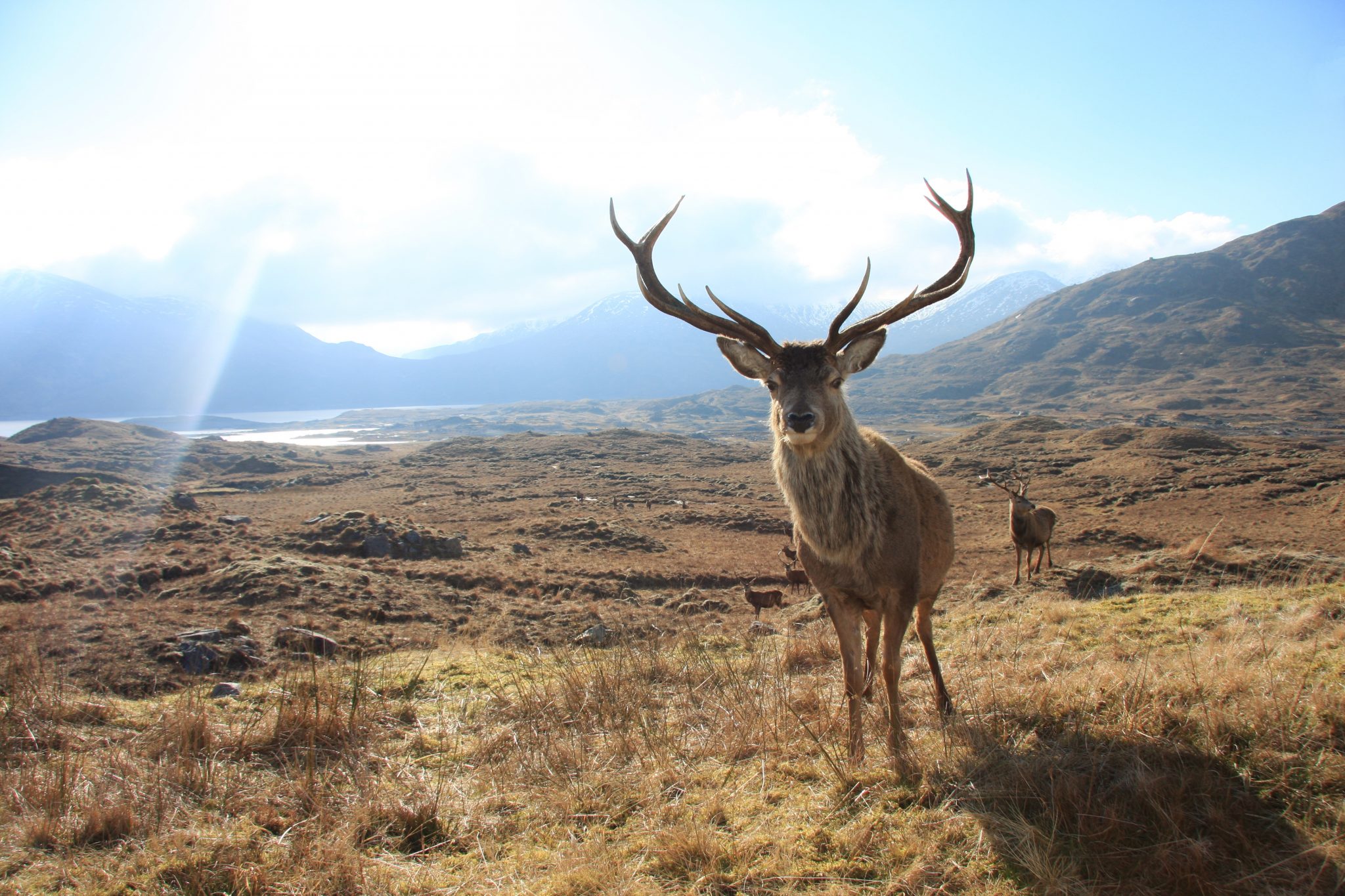Principal Investigator – Prof Douglas Macmillan
Project Dates – 2006-2010
Project partners– http://www.macaulay.ac.uk/RELU/
A new study led by Professor Douglas MacMillan aiming to help reduce the widely reported ‘deer problem’ in Great Britain.
In many parts of Great Britain, deer populations are increasing and as a consequence so are the financial, environmental and social costs associated with them. These include serious road traffic accidents and damage to agricultural and forestry crops. The economic cost from deer-related road traffic accidents in England alone, due to injury, death, and damage, is estimated to be around £10.5 million per annum.
Professor MacMillan’s study, which was funded by the UK Research Council’s Rural Land Use and Economy Programme and conducted by an academic team from the Forestry Commission and DICE, has suggested four options to redress this situation:
- direct intervention by the public sector in deer management across both public and private lands. This would include compulsory culling, fencing and other methods;
- increased mutual cooperation and collaboration between relevant local stakeholders, such as landowners, stalkers, motorists, and government and non-government organisations with an interest in deer (e.g. conservation groups);
- financial incentives, such as the provision of financial rewards – derived from public sector support and/or improvements in the market conditions for venison and sporting lets – for deer management (currently, sporting estates have a vested interest in not culling too many deer);
- legislative reform to apportion legal responsibility for deer management.
Professor MacMillan explained: ‘At present, dealing with the deer problem effectively is extremely difficult and contentious due to the current legal framework, which emphasises and protects the right to hunt over any liability for the wider social costs of deer. Consequently, this framework has created inertia with respect to adapting deer management to a more sustainable path.
‘However, we believe that a sustainable solution is possible if action is taken to encourage and, if necessary, persuade landowners that deer should be managed as an asset for the whole of rural society rather than as a hobby for a social elite. The best option, in my opinion, is to encourage landowners to allow more paying clients to shoot deer as sportsmen can bring significant economic benefits to the entire local economy.’
Is legislation a barrier to the sustainable management of game species? A case study of wild deer in Britain [S. Phillip (DICE), N. Dandy (Forestry Commission), R. Gill (Forestry Commission) and D.C. MacMillan (DICE)] will be published in the ‘Journal of Environmental Planning and Management’ in 2010.
Press
Scotland on Sunday article on September 27, 2009
BBC Radio Scotland interview (item begins 1:22 mins into the programme)

